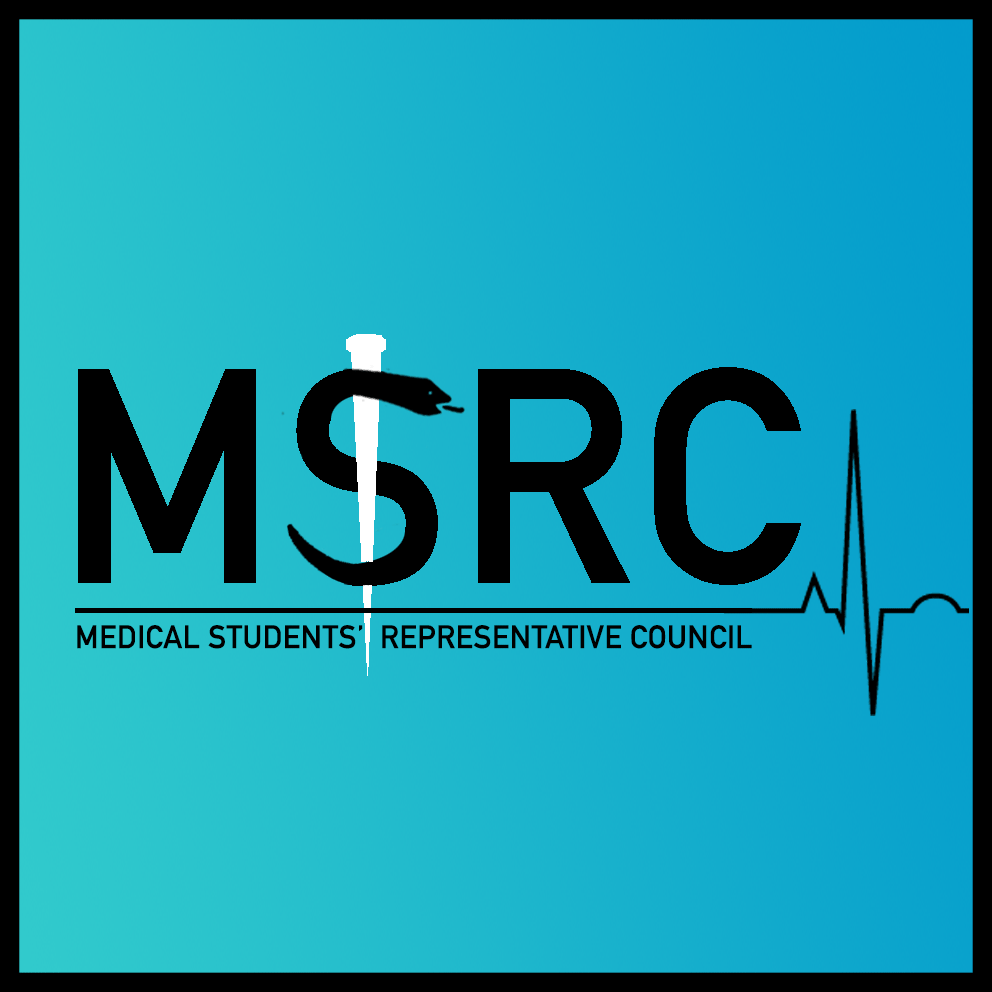MSRC Ramadan Guidance and Advice
Hello students and Ramadan Mubarak!
Celebrating Ramadan at university is very different to celebrating at home. Shifts and placements can also make this more challenging.
So, compiled here is the support and advice from the University of Leeds, Freedom to Speak up Guardians and UOL Medical School available to you as a student. Included is some advice and support applicable to whatever year of study or living arrangements you are in.
University wide support:
All university wide support can be found here
The main highlights from the link currently are as follows:
· Hot Iftars on campus-
We will be providing hot Iftars in person, at the refectory site once a week. (Registration will open very soon). This will start from Wednesday 29th of March and will continue to run every Wednesday throughout.
· Green Room availability-
The hours will be extended for this main site starting from Monday March 20th, until Tuesday April 25th – including weekends. The timings are 11am - 11pm including weekends. The Green Room will be locked down over campus Easter break which is Thursday April 6 to Tuesday April 11.
· Eid Celebration on Campus-
Don’t miss our Eid celebrations on Thursday 27 April at 13:00 at the Refectory.
Asking for help during Ramadan
o University’s Muslim Student Adviser – Farhat Yaqoob
o Leeds University Union Islamic Society (ISOC)
Main advice given by NHS staff, university staff and students from the recent 'Ramadan and me' I belong @ School of Medicine gathering:
· Nutrition is important. While it's tempting to rely on quick energy hits while breaking fast on placement (e.g., high sugar, high caffeine) these foods do not provide sustained energy and nor do they support healthy sleeping patterns. Go for slow-release foods (e.g. dates, bananas) and ensure you have enough protein (e.g. nuts, chickpeas, fish) that are nutritious. If you are on placement, go for foods that are nutritious and easier to prepare and eat. Preparation is key. Make sure you have nutritious food already prepared and with you to minimise the chance of going for the less healthy options.
· Keep hydrated. Drink as much water as possible during the times you are not fasting.
· Setting an alarm may help with breaking the fast as soon as you can during placement shifts.
· Sleep is important. While the hours of sleep are often reduced during Ramadan, schedule your day so that you can get good quality sleep in the hours you have. Some doctors shared that they consider carefully which prayer times they will spend at mosque and which they will observe in other ways/places.
· Planning ahead is key when negotiating changes to study/work schedules. Alongside this, clearly communicating with placement leads, students, and staff is also important. Doctors and staff shared that in their experience, what can be accommodated on placement (and as a member of NHS staff on shift) will depend on the context. Doctors reiterated that patient care is of upmost importance. For students, there is a need to ensure that any decisions made don't jeopardise a student's ability to successfully complete their degree. Everyone on the panel agreed that last minute requests for changes/adjustments are much less likely to be agreed. Doctors shared that for most people working in the NHS there is an expectation that any requests will be made at least six weeks in advance - for some teams’ requests need to be made even earlier.
· Be respectful of how others choose to observe Ramadan. Not everyone will be fasting, to fast or not is a personal decision. it is not for us to judge why someone is or is not fasting.
· Remember the importance of physical exercise, movement, and rest. People shared how when they were feeling tired, they would take opportunities during breaks to go for a short walk. Others shared that they sometimes needed to ask for a few minutes to sit down if they were feeling dizzy. In all instances Doctors shared that communicating with teams/supervisors was key. it was also important to understand the context in which requests were being made. As is usual during placement, if students feel too unwell to be at work, they should follow the usual procedure for requesting sick leave.
· The importance of remembering that intention is key during Ramadan. It's not about quantity but quality. All Doctors agreed there is a need for pragmatism and deciding what is right for oneself given one’s own context.
· When asked what helped Doctors get through difficult/challenging times when fasting they shared it was remembering their goal/vision. The intent behind their observance provided strength and motivation.
· Remembering that caring for others, being in the service of others, is also a form of worship gave people strength and a focus during the difficult times while fasting/observing Ramadan. People shared what a blessing it is to be involved in caring (or learning to care) for patients.
· Speak to your GP especially if you are taking medication and/or have other health concerns.
Support as an employee or on placement:
https://www.bradfordhospitals.nhs.uk/ramadan-2023/
https://www.muslimfriendlyemployers.com/?mc_cid=eb383f2997&mc_eid=82489cc510
